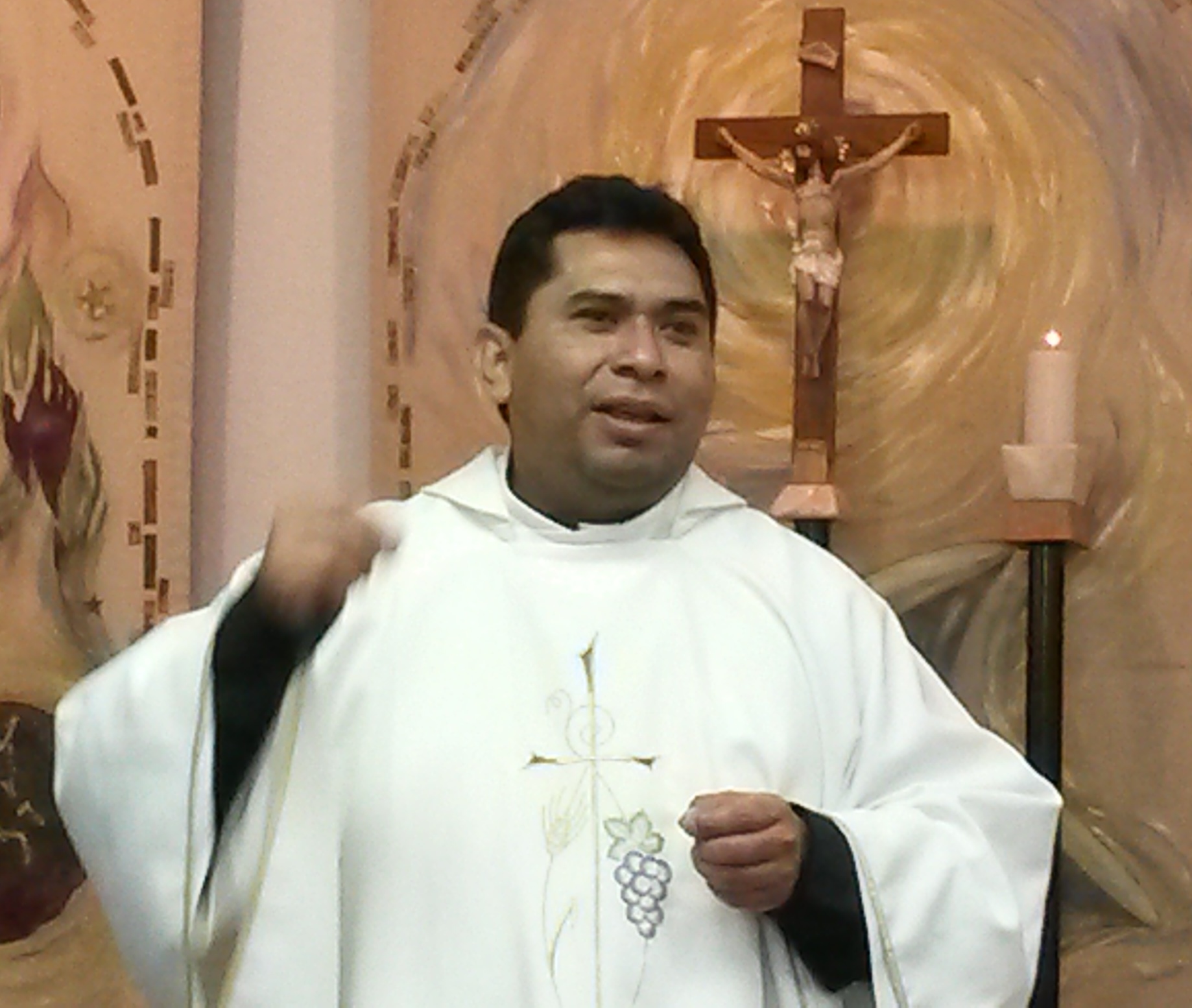 III SUNDAY OF EASTER
III SUNDAY OF EASTER
THE GOOD NEWS TRANSFORMS
By our Pastor, Fr. Carmelo Jiménez
On the day of Pentecost, St. Peter preaches with courage and enthusiasm, in front of an expectant audience. People knew the facts more or less, but the apostle exposes them in an unprecedented way, revealing in them the fulfillment of God’s plan anticipated in Scripture. Saint Peter and the other disciples are convinced and testify to it as well as show it with their own life’s transformation. “Jesus the Nazarene was a man commended to you by God. This man, delivered up by the set plan and foreknowledge of God, you killed, using lawless men to crucify him. But God raised him up.” (Acts 2: 22b, 23-24a)
Proclaiming the death of Jesus could not be done without revealing the causes and motives of the life of Jesus, who by his words and his extraordinary acts made present the liberation that comes from God. This liberation was to remind the Jewish People of their deliverance from slavery in Egypt. But they did not see in Jesus’ life a liberating life, but instead they crucified him through the impious Romans. That plan was foreseen, but that design does not refer only to death, the most humiliating death on the cross, but above all, to the value of that death as the cause of redemption and salvation for all.
That is why, when we speak of the power of the word of God in primitive Christians, that strength consisted in the strength that comes from the death and resurrection of Jesus. It is a strength that changes the hearts and, if it changes the hearts, changes the course of the history too. In the death of Jesus, on the cross concretely, reveals all the love of God for us; and in the Resurrection the power of God is revealed over the death of Jesus and over all men’s death.
“Realizing that you were ransomed from your futile conduct, handed on by your ancestors, not with perishable things like silver or gold but with the precious blood of Christ as of a spotless unblemished lamb.” (1 Peter 1: 18-19) St. Peter insists, this time in writing, on another aspect of that death which he has related in his preaching to the multitude on the day of Pentecost. Yes, what has happened is tragic, but it has become a huge benefit in our favor: a huge price has been paid for us, so we have been ransomed.
The story of the journey of the two disciples of Emmaus produces a sacred text for the community. Let us focus on the narrative and we discover the description of the Eucharist in a dynamic process: the pilgrims from Emmaus, disconcerted, listen to the interpretation of the Scriptures regarding the Messiah. It was a catechesis of preparation for what comes next. We can organize this narrative around two main moments introduced by the same expression: (a) Lk 24:15: “And it happened that while they were conversing and debating”; (B) Lk 24: 30: “And it happened that, while he was with them at table.” Many theologians have recognized that St. Luke indicates the two essential moments of the Christian liturgy: the word and the sacrament, listening to the Scriptures and the Eucharistic liturgy. It is in the Eucharist that the Lord gives us life that he now enjoys as the resurrected one.
The Eucharist, as well as the Resurrection, is an ineffable mystery of liberation, since the disciples who were distressed by what had happened in Jerusalem, little by little, as they celebrate the Eucharist, are moved, because the life of the Risen Lord seizes their hearts.
Let us walk joyfully, with the disciples of Emmaus, to our Eucharist, so that the Risen Jesus may transform our hearts and set us free.